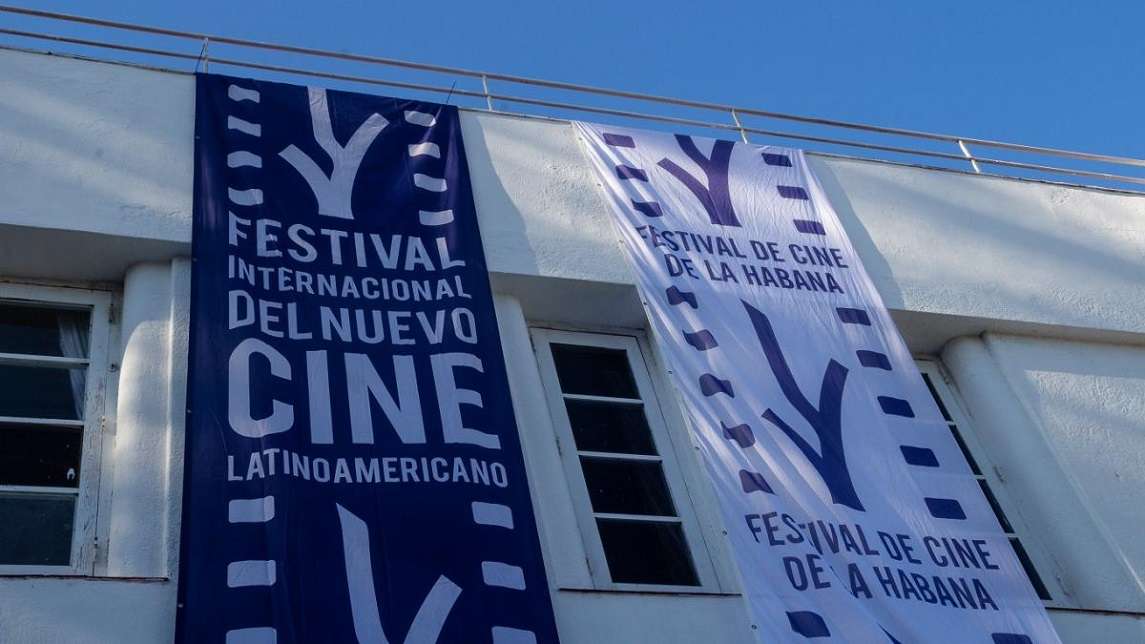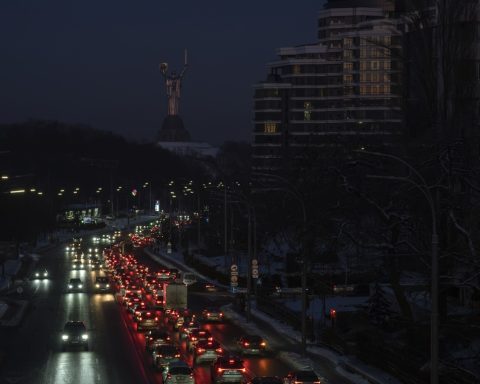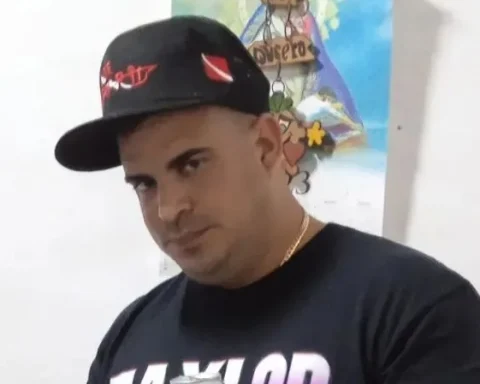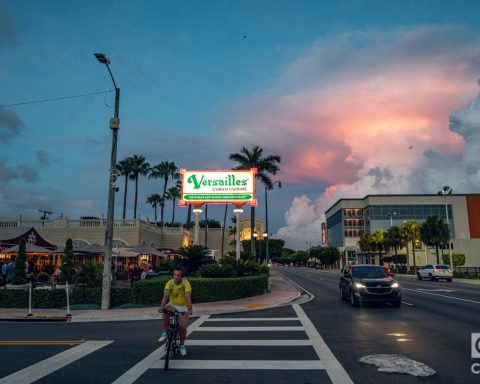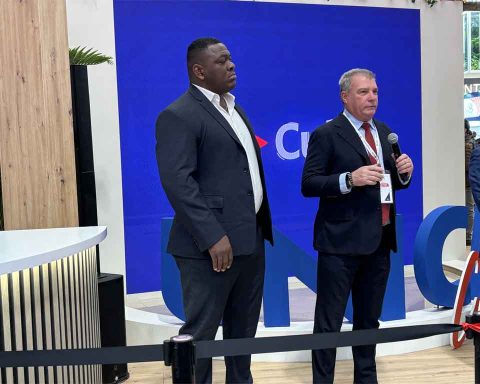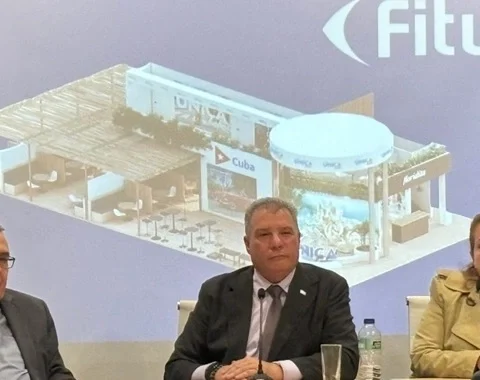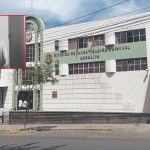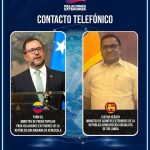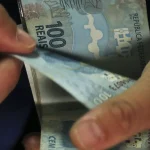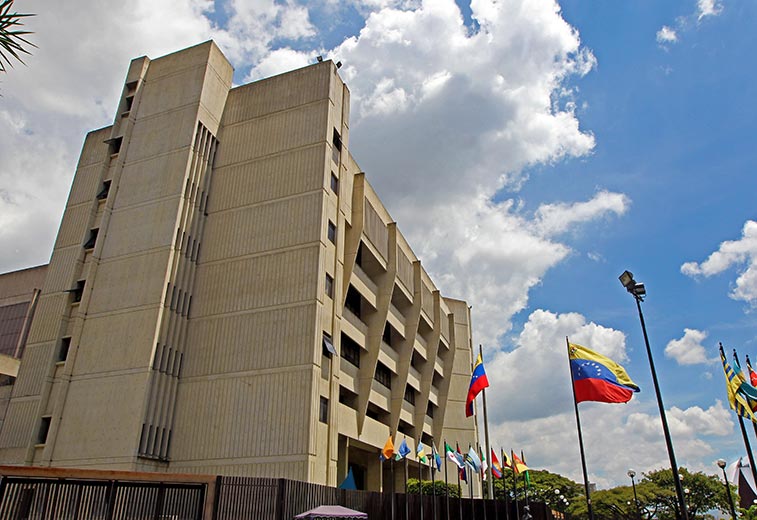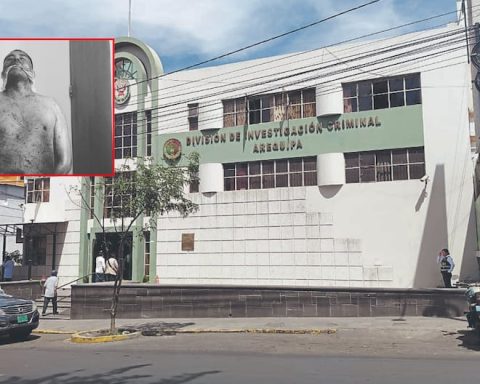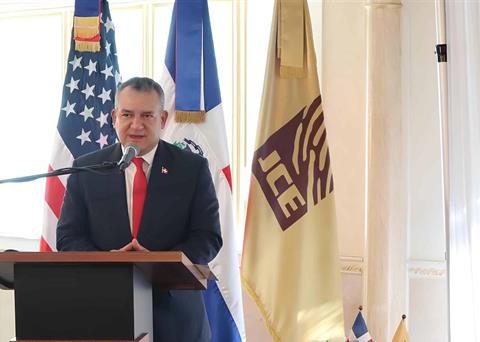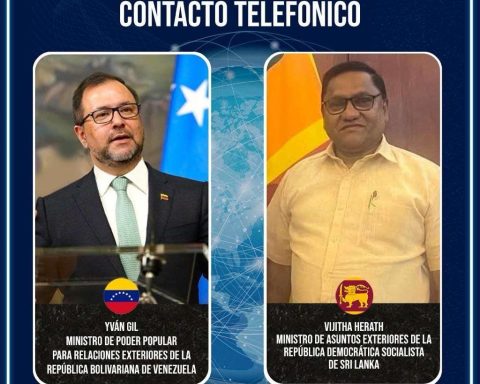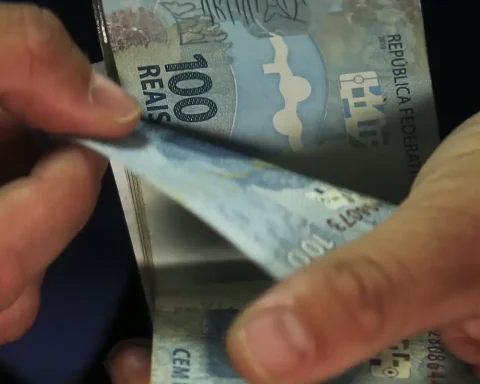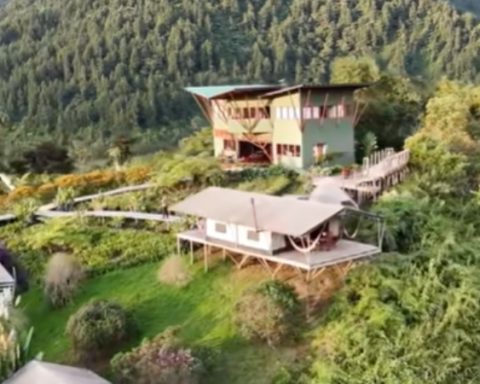The lawyer Tania Delgado Fernández took over this Saturday as director of the International Festival of New Latin American Cinemathe first woman in charge of this event since its inauguration in 1979.
according to a note of the House of the Festival, Delgado has promoted the international promotion of cinema from his first links with the industry in 2002.
She was vice president of the international relations area at the Cuban Institute of Cinematographic Art and Industry and worked on updating the standards for Cuban audiovisual production, included in Decree 373 of the Independent Audiovisual and Cinematographic Creator.
????️Tania Delgado is appointed as director of the Festival
The House of the Festival announces that Tania Delgado Fernández has been appointed as director of the International Festival of New Latin American Cinema#festival44#cinelatinoamericanohttps://t.co/ivD5LfOp3T pic.twitter.com/fnTHdovTi0
– FestivalCineLaHabana (@FestCineHabana) May 19, 2023
“In his professional work is the constant link with the Festival, as part of the Industry sector and in meetings with authorities of film and educational institutions,” the statement added.
Delgado Fernández has a degree in Law and has been a professor at the Faculty of Law of the University of Havana, as well as the Faculty of Audiovisual Media Art (FAMCA) of the University of the Arts (ISA). In both educational institutions she collaborates in courses and master’s degrees.
His appointment occurs in the midst of preparations for the 44th edition of the International Festival of New Latin American Cinema, which will take place in Havana from December 8 to 17, 2023.
To date, the producer Yumey Besú served as director of the Festival.
The International Festival of New Latin American Cinema had its first date in 1979 and emerged as a space for systematic meeting between the continent’s cinematographies and their creators.
For more than 40 years, the Havana Film Festival has recognized and disseminated works that contribute to the enrichment and reaffirmation of Latin American and Caribbean cultural identity, based on their significance and artistic values.
Annually, the event calls for the Fiction, Documentary and Animation, First Works, Unpublished Scripts and Posters Contests.
In addition, meetings and seminars are organized on various topics of cultural interest and, in particular, cinematography. The Festival program hosts a wide and representative sample of contemporary cinema from the rest of the world.
